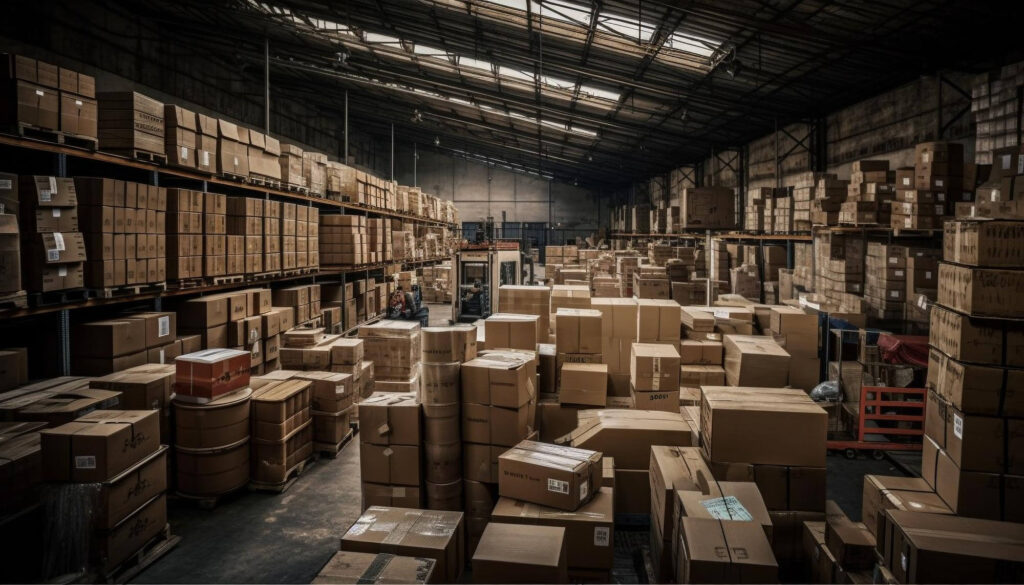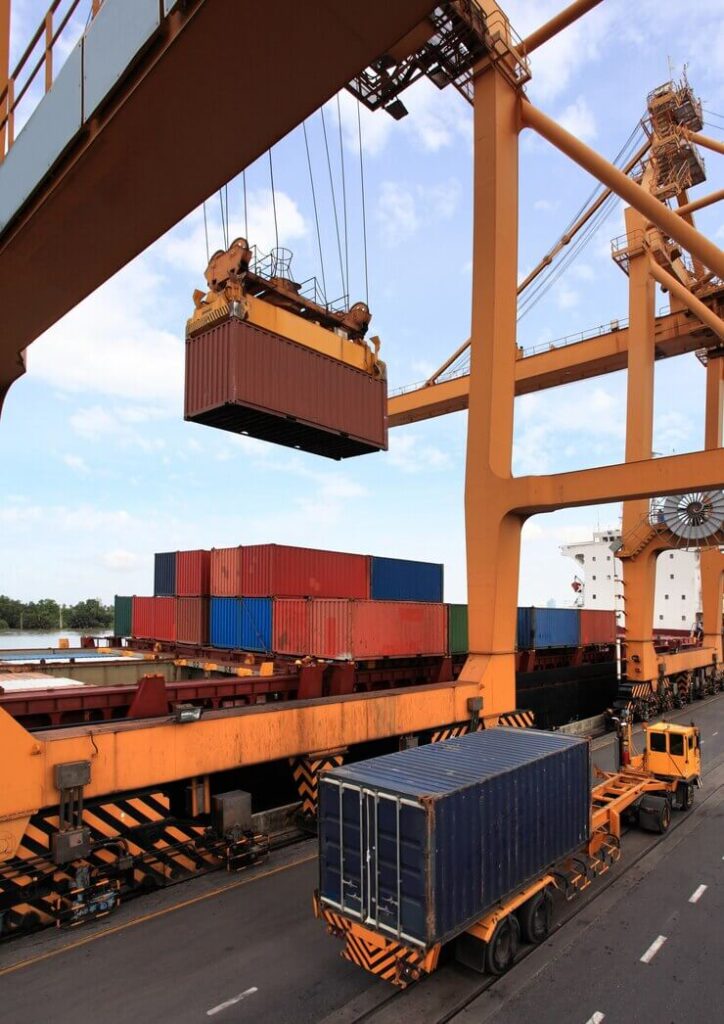Things to Consider When Expanding Your Business to the UAE
Have you been planning to expand the reach of your business internationally? The Middle East is one of the most promising regions in the world to consider. Particularly, the UAE can be a lucrative opportunity due to its growing economy and strategic location.
To help you out, we have compiled below the things you need to consider when expanding business to the UAE.

Transportation and Shipping
Determine the most efficient and cost-effective means of shipping your products to the UAE. Consider air, sea, or land transportation based on the nature of your business and products.
Customs and Import Regulations
In order to successfully expand business to the UAE or Dubai, it’s crucial to understand UAE customs regulations and import requirements. This includes documentation, customs duties, tariffs, and compliance with local customs laws.
Customs Brokers and Clearing Agents
Consider hiring a local customs broker or clearing agent who is familiar with UAE customs procedures to facilitate the import and clearance of goods through customs.
Warehousing and Storage
Secure warehousing facilities in the UAE for the storage of your products. This is especially important if you have a significant inventory to manage.
Inventory Management
Implement effective inventory management systems to optimize stock levels, reduce carrying costs, and ensure product availability.
Distribution Network
Another important consideration to expanding business to Dubai is establishing a distribution network within the UAE, including selecting strategic locations for warehouses and distribution centres to efficiently reach your target markets.
Last-Mile Delivery
Set up or partner with last-mile delivery services to ensure timely and reliable delivery to customers' doorsteps.
Supply Chain Visibility
Invest in technology and systems that provide real-time visibility into your supply chain, allowing you to track shipments and manage inventory effectively.
Local Regulations and Permits
Ensure that your transportation and logistics operations comply with local regulations, permits, and licenses in the UAE.
Packaging and Labelling
Ensure that your products are packaged and labelled according to UAE standards and regulations. Multilingual labelling may be necessary.
Quality Control and Compliance
Maintaining rigorous quality control standards is also critical when expanding business to the UAE. This helps you meet local regulations and customer expectations in the UAE.
Cold Chain Requirements (if applicable)
If your business deals with perishable or temperature-sensitive products, such as food or pharmaceuticals, ensure that you have a reliable cold chain logistics system in place.
Reverse Logistics
When you decide to expand business to the UAE, it is also imperative to develop a plan for handling returns and reverse logistics.
Documentation and Record Keeping
Keep detailed records of all shipments, customs documentation, and compliance records to ensure transparency and legal compliance.
Technology and Software
Invest in logistics management software to streamline operations, manage inventory, and track shipments efficiently.
Insurance
Evaluate and obtain appropriate insurance coverage for your logistics operations in the UAE, including cargo insurance, liability coverage, and more.
Partnerships and Contracts
Establish partnerships with local logistics service providers, carriers, and suppliers. Negotiate contracts and service-level agreements to ensure reliable logistics support.
Expanding business to the UAE entails a complicated process that requires the expertise of professionals who know the ins and outs of the game. By carefully planning and managing your logistics requirements, you can ensure that your business expansion to the UAE runs smoothly and efficiently. It’s advisable to work with local logistics experts and partners who are familiar with the UAE market to navigate the specific challenges and opportunities in the region.
TFI is one of the leading logistics companies in the UAE that you can count on when it comes to all aspects of logistics and business expansion in the country. Get in touch with our veteran experts today to get the customised solution you need!
